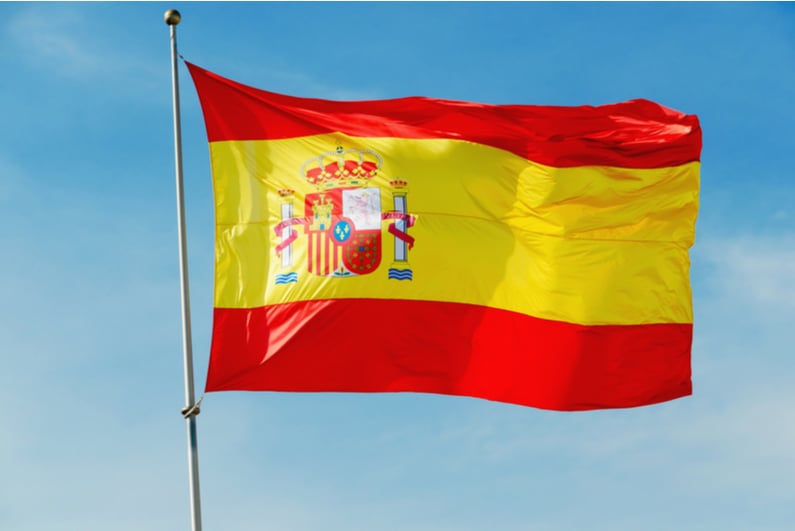Protecting gamblers
Representatives from the 17 autonomous communities in Spain have approved the integration of each region’s gambling self-exclusion scheme, allowing for gambler protection efforts to have better coordination both locally and nationally.
The agreement was reached during a national Gambling Policy Council meeting, chaired by Minister of Consumer Affairs Alberto Garzón. In addition to the 17 communities, the meeting included the autonomous cities of Melilla and Ceuta, which both have their own gambling rules.
The majority voted in favor of integration, with the Valencia and Basque communities abstaining and Catalonia opposing the measure.
Timeline of changes
Currently, all self-exclusion requests from gamblers in Spain are only for local lists, except for in Castilla la Mancha. The Spanish gambling regulator, Dirección General de Ordenación del Juego (DGOJ), has kept an online database of self-exclusion schemes since 2015.
community representatives will work together to create the regulatory and technical framework
Following approval of the new integration measure, community representatives will work together to create the regulatory and technical framework for linking each of the individual self-exclusion lists. There is a four-month deadline in place, after which the Gaming Policy Council will consider approval.
If it is given the thumbs-up, each of the communities will be given one year to make any necessary regulatory or technical changes before the integration process can be carried out.
A positive step
Online gaming association JDigital welcomed the news of this agreement, acknowledging that it is an important step in improving protections for gamblers.
It said: “We are also making ourselves available to the government to share our skills and experience gained from operating in this industry to define and implement the mechanisms that can protect users in the most efficient way.”
JDigital also noted that each of its members is already integrated with the DGOJ’s online database of self-excluded gamblers, allowing operators to be notified if someone in the database tries to create an account.
Changes in Spain
There have been a number of different measures implemented recently to help fight gambling addiction in Spain. One of the main focuses for the government is curtailing gambling advertising. A number of potential changes have been sent to the European Commission, with no issues initially highlighted.
As part of these changes, ads relating to gambling could only air on television or radio from 1am to 5am. There would also be a ban on betting company sponsorships of sports teams. Promotional betting offers would also be eliminated.
disproportionate and unjustified”
A ban on all forms of online sports betting advertising is supposedly going into place in October. JDigital has already labeled these proposed changes as being “disproportionate and unjustified.”
Sports teams would be given a grace period to allow current contracts with gambling companies to expire. Minister of Consumer Affairs Alberto Garzón said, however, that this would be only a “short period and not two or three years as some clubs would like.”
Despite this warning, numerous soccer clubs in the country recently signed deals with betting companies. La Liga itself inked a four-season deal on September 10 with the betting operator M88.




